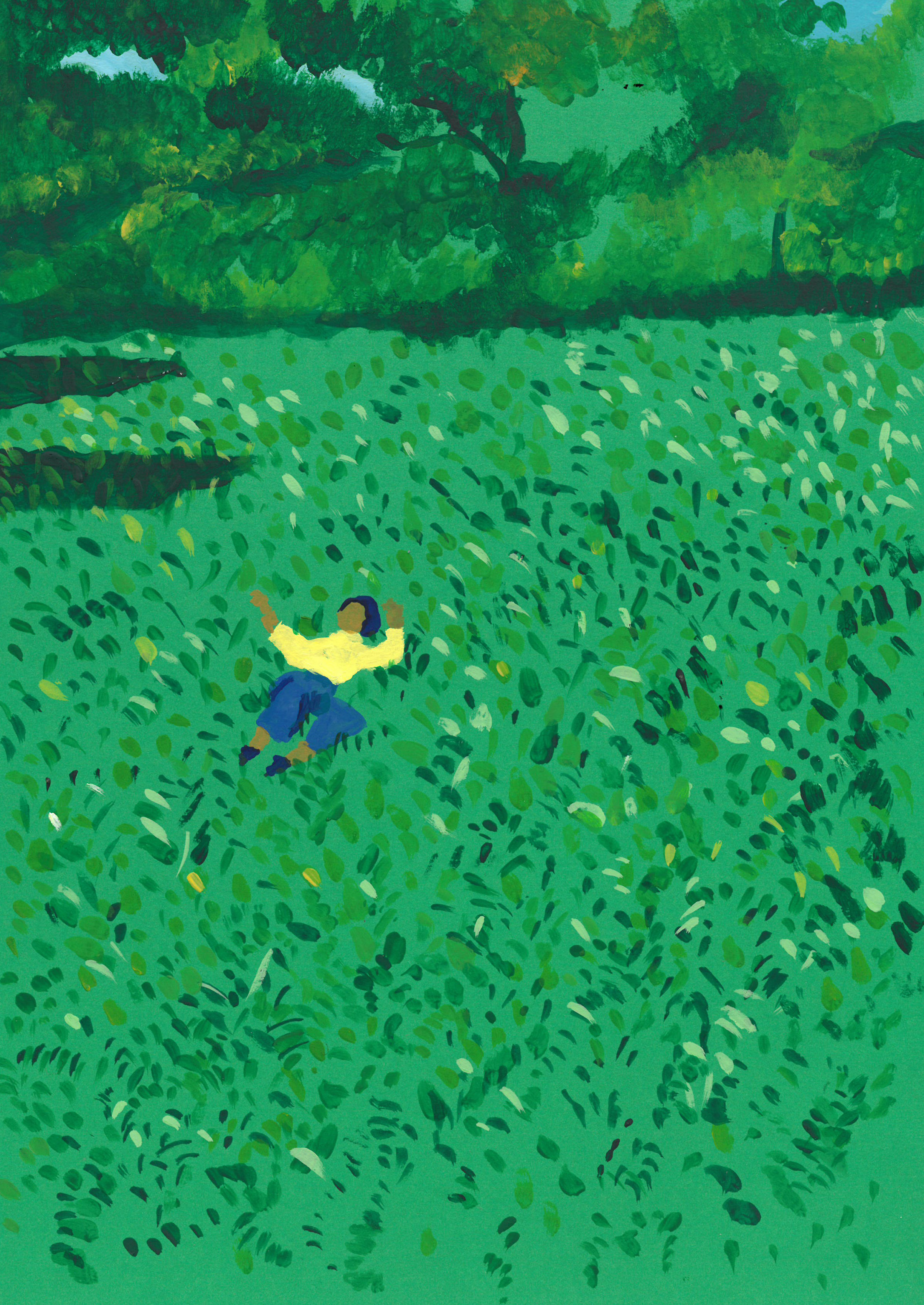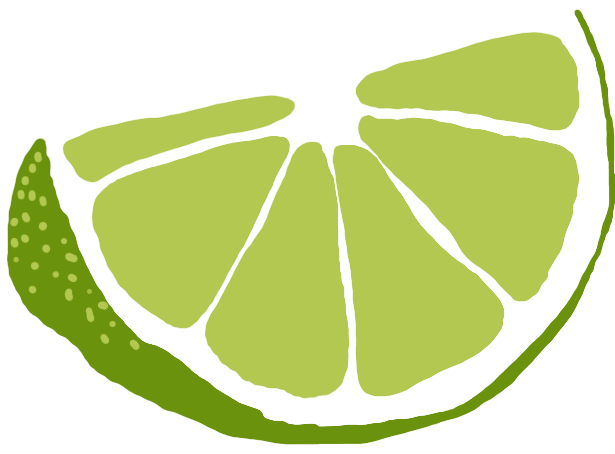MUSINGS
Column entry for Out of Frame
_Traipsing through Boston in 1783
Excerpt
"….the horizon is peppered with the first signs of American flags. Paddocks, horses and overgrown grass characterise the path on which I am treading (Fig.1). The horse I am on is old, but its gait is firm, reminiscent of an active, hard-fought life. I am donning military garb, alluding to a past of which I am a part. There are groups gathered in small numbers and I can only speculate about what they are discussing. Reeling from the losses and wins just recorded or hopeful for a more peaceful future. I traipse through them, neither acknowledging their presence nor apologising for breaking their conversation. At least they see me and move out of the way. A fort appears in the horizon. It is an unusual one because my encounter with forts in other cities are as relics, leftover features from the past. This one is recent, still inhabited...”
_Traipsing through Boston in 1783
Excerpt
"….the horizon is peppered with the first signs of American flags. Paddocks, horses and overgrown grass characterise the path on which I am treading (Fig.1). The horse I am on is old, but its gait is firm, reminiscent of an active, hard-fought life. I am donning military garb, alluding to a past of which I am a part. There are groups gathered in small numbers and I can only speculate about what they are discussing. Reeling from the losses and wins just recorded or hopeful for a more peaceful future. I traipse through them, neither acknowledging their presence nor apologising for breaking their conversation. At least they see me and move out of the way. A fort appears in the horizon. It is an unusual one because my encounter with forts in other cities are as relics, leftover features from the past. This one is recent, still inhabited...”
Column entry for Out of Frame
_The City & Global Economy [’21]
Excerpt
As Saskia Sassen unravelled her argument on the identity and constituents of a Global City, I could not help but make associations drawn from personal experience. A set of these experiences are rooted in the territorialisation of petroleum extraction and the creation of situations within which the global is localised. There is an allusion here to the source implications of the culture of consumerism we discussed last week that necessitated a particular approach to design.
“Global cities are centres for servicing and financing international trade, investment, and headquarters operations. That is to say, the multiplicity of specialized activities present in global cities are crucial in the valorisation, indeed over-valorisation of leading sectors of capital today.” (The Global City)
_The City & Global Economy [’21]
Excerpt
As Saskia Sassen unravelled her argument on the identity and constituents of a Global City, I could not help but make associations drawn from personal experience. A set of these experiences are rooted in the territorialisation of petroleum extraction and the creation of situations within which the global is localised. There is an allusion here to the source implications of the culture of consumerism we discussed last week that necessitated a particular approach to design.
“Global cities are centres for servicing and financing international trade, investment, and headquarters operations. That is to say, the multiplicity of specialized activities present in global cities are crucial in the valorisation, indeed over-valorisation of leading sectors of capital today.” (The Global City)
Column entry for Out of Frame
_Planetary Environment & Map of Operations [’21]
Excerpts
“…to suddenly become aware of one’s own putrescence, to be forced to live intimately with one’s own death, contemplating it as a real possibility”
“…if you eat corn and it’s a lot, you will sneeze. If you walk in the rain and it beats you, you will sneeze. If it gets into your body, you will sneeze. So forget about sneezing. There is no place we can’t stand, there is nothing like covid-19. As a person, I don’t know what covid-19 is, I have never seen it.”
‘suddenly’ in the first assertion by Mbembe jumps out as peculiar. Seemingly, the world has forgotten the possibility of death. Perhaps some cannot. The second quote is from a ‘man on the street’ interview of a hawker carried out by a Nigerian news station looking to question why a significant proportion of the Nigerian population did not believe that covid-19 existed in its early days and why the concept of lockdowns were so foreign that you’ll be laughed out of a room if you vehemently made a case for them with graphs and statistics at your fingertips. A place where the daily sustenance of over 60% of the population is predicated on their ability to leave their homes and engage their corpus with the ‘outside’ socioeconomically - an ‘inside’ for some not existing, to draw from the duality painted by Barber (Barber D., p.47). When the extended ‘footprint’ - to borrow from Graham et al - of those ‘suddenly becoming aware of their putrescence’ is laid out to the fullest extent, it implicates the people for whom ‘outside’ is a necessity. My aim here, which I will explain further, is not to contrast the implications of wealth and a lack thereof or to entangle myself with the politics of Covid-19 in the US, but to present a parallel to Barber’s bid for an after comfort, in societies where discomfort is daily life.
_Planetary Environment & Map of Operations [’21]
Excerpts
“…to suddenly become aware of one’s own putrescence, to be forced to live intimately with one’s own death, contemplating it as a real possibility”
“…if you eat corn and it’s a lot, you will sneeze. If you walk in the rain and it beats you, you will sneeze. If it gets into your body, you will sneeze. So forget about sneezing. There is no place we can’t stand, there is nothing like covid-19. As a person, I don’t know what covid-19 is, I have never seen it.”
‘suddenly’ in the first assertion by Mbembe jumps out as peculiar. Seemingly, the world has forgotten the possibility of death. Perhaps some cannot. The second quote is from a ‘man on the street’ interview of a hawker carried out by a Nigerian news station looking to question why a significant proportion of the Nigerian population did not believe that covid-19 existed in its early days and why the concept of lockdowns were so foreign that you’ll be laughed out of a room if you vehemently made a case for them with graphs and statistics at your fingertips. A place where the daily sustenance of over 60% of the population is predicated on their ability to leave their homes and engage their corpus with the ‘outside’ socioeconomically - an ‘inside’ for some not existing, to draw from the duality painted by Barber (Barber D., p.47). When the extended ‘footprint’ - to borrow from Graham et al - of those ‘suddenly becoming aware of their putrescence’ is laid out to the fullest extent, it implicates the people for whom ‘outside’ is a necessity. My aim here, which I will explain further, is not to contrast the implications of wealth and a lack thereof or to entangle myself with the politics of Covid-19 in the US, but to present a parallel to Barber’s bid for an after comfort, in societies where discomfort is daily life.
Architects’ Journal
Excerpt
My first composition when the lockdowns kicked in was the cheese plant in our living room, which we gave the moniker Kashka V. It was perched on a stool in a corner of the room, illuminated by a red lamp.
It was my first attempt at embroidery, one of many crafts I reached for in the months that followed. I began to see my everyday differently, taking pleasure in the new leaves that emerged from my thriving plants, paying close attention to them, like a helicopter mom....
_AJ Sketchbook: Soala Ajienka [’21]
Excerpt
My first composition when the lockdowns kicked in was the cheese plant in our living room, which we gave the moniker Kashka V. It was perched on a stool in a corner of the room, illuminated by a red lamp.
It was my first attempt at embroidery, one of many crafts I reached for in the months that followed. I began to see my everyday differently, taking pleasure in the new leaves that emerged from my thriving plants, paying close attention to them, like a helicopter mom....

_
